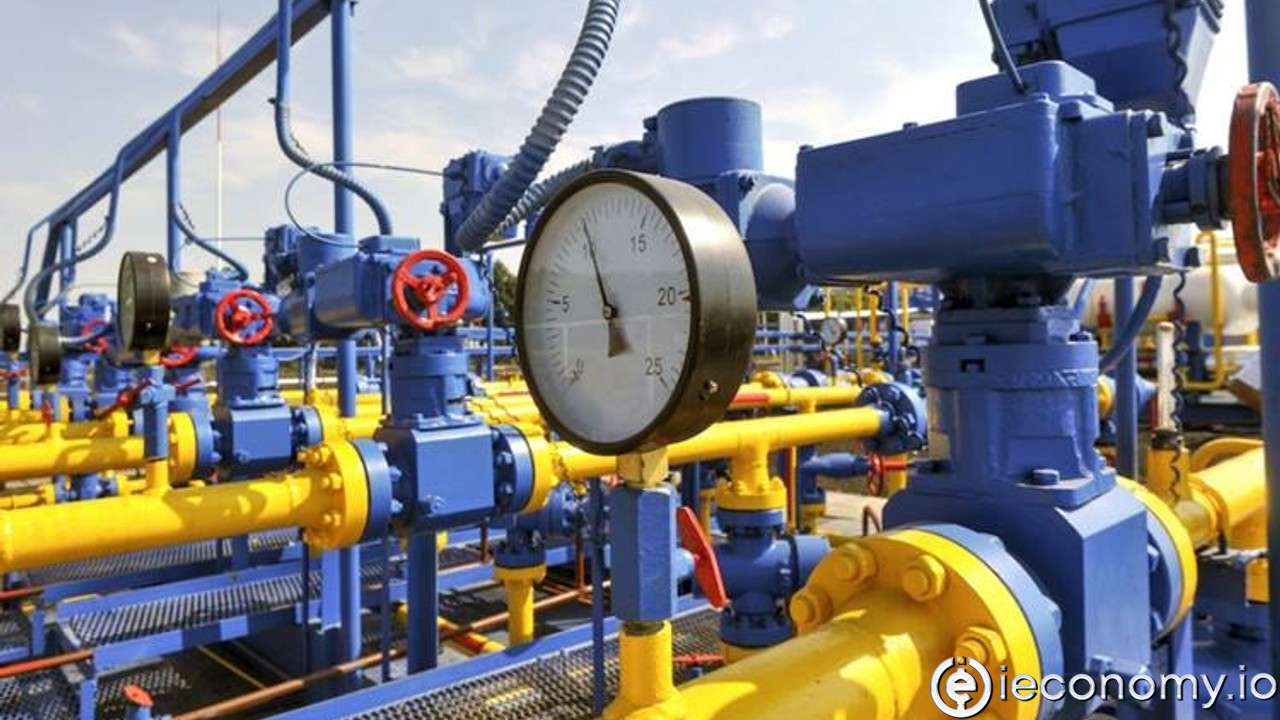8984
0
Ukraine Crisis in European Gas Market
Following the reduction in Russian gas flow through Ukraine, European benchmark gas futures surged by up to 22%.

Yazar: James Gordon
Yayınlanma: 13 Mayıs 2022 06:15
Güncellenme: 2 Mart 2026 18:48
Ukraine Crisis in European Gas Market
Following the reduction in Russian gas flow through Ukraine, European benchmark gas futures surged by up to 22%.
The choice of Russia to retaliate became one of the most important factors influencing market pricing. Russia's gas restrictions have surpassed 3% of Germany's imports, according to German Economy Minister Habeck. Russia sanctioned Gazprom PJSC unit, which was seized by the German government in response to the sanctions imposed on it by the West after the invasion of Ukraine. According to this decision, Moscow has announced that it has banned deals with Gazprom Germania GmbH and its various subsidiaries, currently under the control of Germany's energy regulator. The energy supplier Wingas GmbH, a European gas storage company and Gazprom's London-based trading arm, were all sanctioned. Germany briefly assumed control of Gazprom Germania to defend its supply security around a month ago, provoking this response. As a result of Russian attacks in the region, gas at a distribution point in Ukraine will be cut off on Wednesday, according to the Ukrainian pipeline company. Although the Ukrainian company stated that the distribution of gas from other points could continue, Gazprom announced that this is not possible. On the other hand, Italian Prime Minister Mario Draghi said that, contrary to the statements made by the authorities, European importers can buy gas from Russia with rubles without breaking the sanctions. “As a matter of fact, most gas importers have already opened their accounts with Gazprom in rubles,” Draghi said. Despite the decline in Russian imports via Ukraine, European natural gas prices fell yesterday, with the expectation that supplies will sustain in the market.İLGİLİ HABERLER





European stocks soared and focus shifted to German retail sales after Powell's speech!

Forex Signal For TRY/USD: Inflation Slowdown in November.

Forex Signal For GBP/USD: Bullish Trend Still Not Breaking While Recovery Continues.

Forex Signal For EUR/USD: Starry US Data Points to Higher Fed Increases.

Forex Signal For BTC/USD: Downside Continues as Bitcoin Recovery Moves Less.
En Popüler Haberler
Yorum Yap
Yorumlar
Henüz yorum yapan yok! İlk yorumu siz yapın...